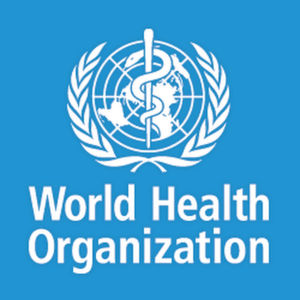
Benefits of Excercise to Your Heart
04/01/2020
With the demands of daily life, you might take your health for granted by not exercising. There are tons of ways to exercise. You can choose what type of activity you might like to keep you moving.
It lowers blood pressure and improves blood flow.

A healthy heart drives out more blood with each beat, allowing it to work more efficiently. This decreases the pressure on the heart and surrounding arteries, potentially reducing blood pressure. If you have high blood pressure, cardiovascular workout may help lower it. If you don’t have high blood pressure, any physical activity may help stop it as you age.
Proper cardio-based physical activity allows the heart to obtain improved blood flow in the surrounding small vessels, where blockages of fatty deposits can develop over time. Healthier circulation in these areas may stop heart attacks. Studies even show that physical exercise can cause the body to create more physical connections between these small blood vessels, meaning the blood has more ways to travel to where it needs to go.
It lowers cholesterol and decreases the risk of heart disease, stroke, and diabetes.

Numerous studies show that exercise is linked to useful changes in cholesterol, such as raising the amount of healthy HDL cholesterol and possibly lowering the bad LDL cholesterol by as much as ten percent. Researches show that regular exercise helps lessen the risk of coronary heart disease as much as twenty-one percent for men and twenty-nine percent for women. Additionally, active people have a twenty-percent less chance of stroke. Regular exercise also keeps blood sugar levels in a healthy range and results in lowering the risk for prediabetes and type 2 diabetes.
It promotes other heart-healthy habits and reduces the incidence of heart arrhythmia.

According to the American Heart Association, frequent exercise can assist you to keep a healthy weight, make healthier nutrition choices, reduce stress, and enhance your mood. A typical heart rhythm problem is Atrial Fibrillation. It comes with a five-fold heightened risk of stroke made by a blood clot. Researchers stated that a strategy of weight loss, diet, and exercise resulted in lower rates of Atrial Fibrillation and less severe disease. The American Heart Association has announced study outcomes that indicate that in patients who frequently exercised with a short-term, high-intensity interval training regimen, the incidence of Atrial Fibrillation reduces in half.
It improves your stamina.
As you start a brand-new workout routine that incorporates cardio activity, it may take a while for your body to adapt to the more accelerated pace. But the more routine exercise becomes, the faster your body pulls required oxygen from your blood while exercising. Because of this, those who work out frequently have stronger hearts that perform strongly under stress and are less winded during physical activities. Regular cardio activities also allow your body to recover more quickly after exercise.



